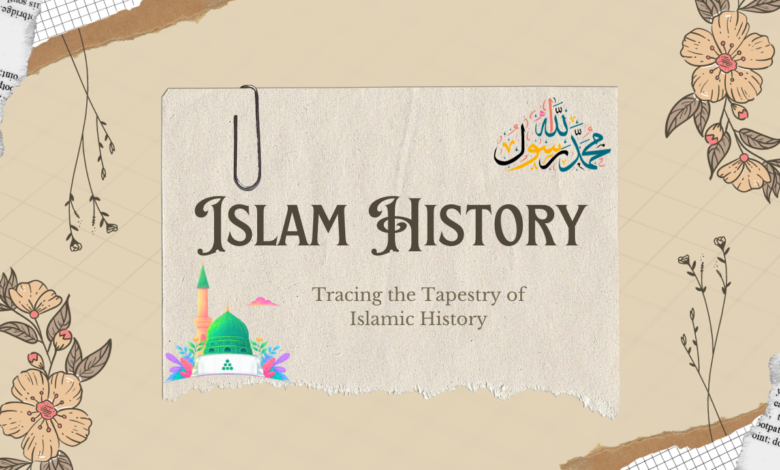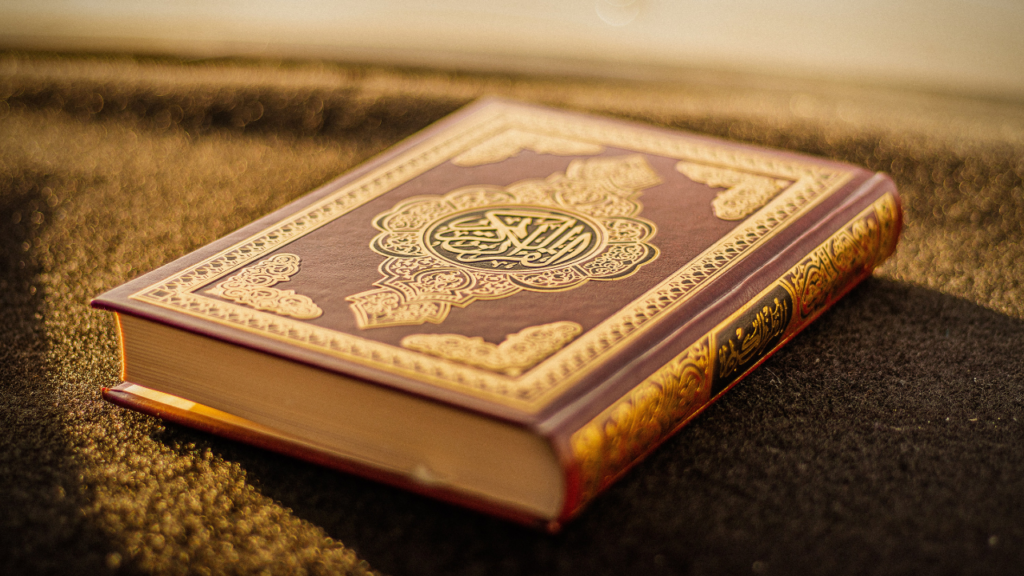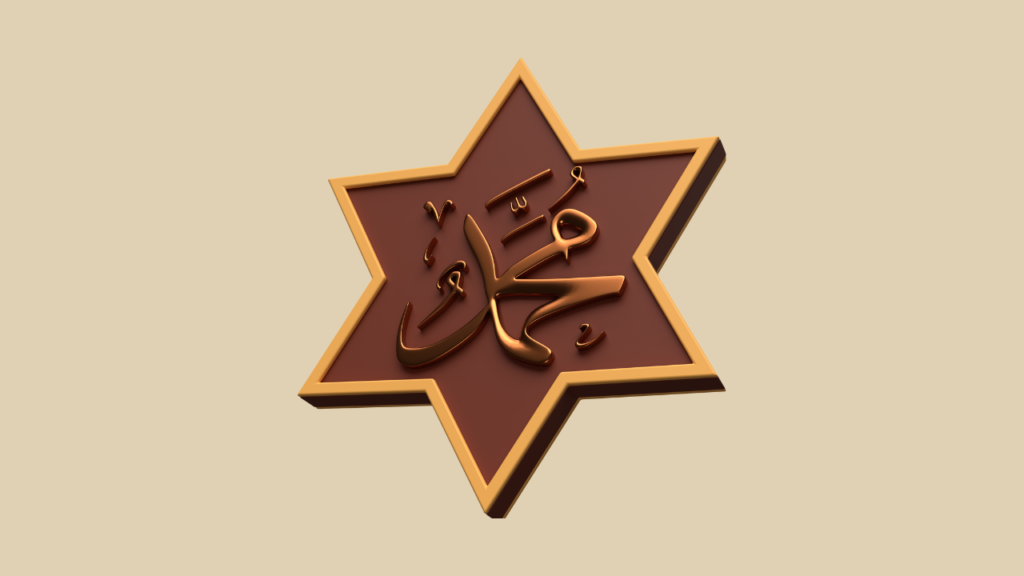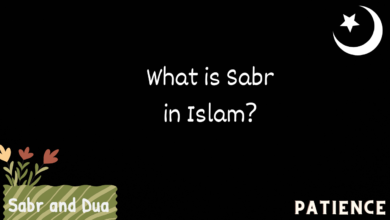
Islam History
The history of Islam dates back to the 7th century CE when it was founded by the Prophet Muhammad in the Arabian Peninsula. It has since grown into a global religion with a rich and diverse history.

Introduction
One of the main religions in the world, Islam, has a rich and interesting past. It all started in the seventh century in the Arabian Peninsula when a man by the name of Muhammad received revelations from God.
The Birth of Islam
Discover the early days of Islam and the religious landscape of the Arabian Peninsula, where various polytheistic beliefs coexisted.
Prophet Muhammad and the Quran
Discover the life and teachings of the Prophet Muhammad as well as the essential principles of Islam found in the Quran, a holy book.
Expansion of Islam
Examine the quick spread of Islam from the Middle East to North Africa, Europe, and other continents.
Islamic Beliefs
Discover the core beliefs of Islam, such as the Day of Judgment, prophethood, and monotheism.
Five Pillars of Islam
Delve into the five essential acts of worship and practice that every Muslim follows.
Also check
- Islam Facts
- Is Mike Tyson Muslim?
- Who Brought Islam To India?
- Islamic Quotes
- What are the core beliefs of Islam?
Islamic Art and Architecture
Discover the breathtaking beauty of Islamic art and the unique architectural styles of mosques and buildings.

Islamic Contributions to Science and Philosophy
Learn about the remarkable advancements in various fields, including mathematics, astronomy, and medicine, during the Islamic Golden Age.
Islamic Golden Age
Step into a time of incredible intellectual growth and cultural achievement in the Islamic world.
The Spread of Islam Worldwide
Explore how Islam spread to far corners of the globe, impacting diverse cultures and societies.
Challenges and Diversification
Understand the historical challenges and the emergence of different branches within Islam.
Modern Islam
Learn how Islam has evolved into the diverse religious landscape it is today.
Islamic Holidays and Celebrations
Get to know the significant Islamic holidays and the customs associated with them.
Islamic Culture and Traditions
Discover the rich cultural traditions and values that are an integral part of Islamic society.
Conclusion
Sum up the key takeaways from this journey through Islamic history, emphasizing its significance and complexity.

FAQs
What is the history of Islam?
The history of Islam dates back to the 7th century CE when it was founded by the Prophet Muhammad in the Arabian Peninsula. It has since grown into a global religion with a rich and diverse history.
Who was Prophet Muhammad, and what role did he play in Islamic history?
Prophet Muhammad is considered the last prophet of Islam. He received revelations from God and played a central role in spreading the message of Islam.
What is the significance of the Quran in Islamic history?
The Quran is the holy book of Islam, believed to be the word of God as revealed to Prophet Muhammad. It is the ultimate source of guidance for Muslims.
How did Islam spread in its early history?
Islam spread rapidly through a combination of military conquest, trade, and cultural influence. It expanded from the Arabian Peninsula to other parts of the world.
What are the Five Pillars of Islam, and why are they important in Islamic history?
The Five Pillars are the core practices of Islam, including the declaration of faith, prayer, charity, fasting, and pilgrimage to Mecca. They have been essential to the faith since its inception.
What was the Islamic Golden Age, and why is it significant in history?
The Islamic Golden Age was a period of remarkable intellectual and cultural growth in the Islamic world. It led to significant advancements in science, philosophy, and various other fields, shaping the course of human history.
How did Islam influence art and architecture throughout history?
Islamic art is known for its intricate geometric patterns and calligraphy, while Islamic architecture features stunning domes, minarets, and courtyards in mosques and palaces.
What is the historical role of Islamic scholars and their contributions to knowledge?
Islamic scholars made significant contributions to various fields, including mathematics, astronomy, medicine, and philosophy during the Islamic Golden Age.
How did Islamic civilization impact the world through trade and cultural exchange?
Islamic civilization played a crucial role in facilitating trade and cultural exchange between the East and West, contributing to the development of global commerce and knowledge transfer.
How has the history of Islam evolved to shape modern Islam?
Modern Islam is diverse, with different sects and interpretations. The historical context of Islam’s growth and evolution has influenced its current landscape.






